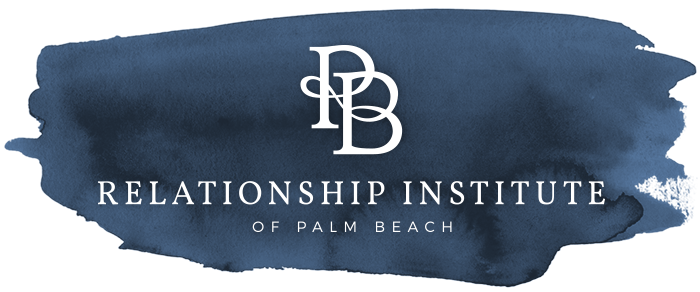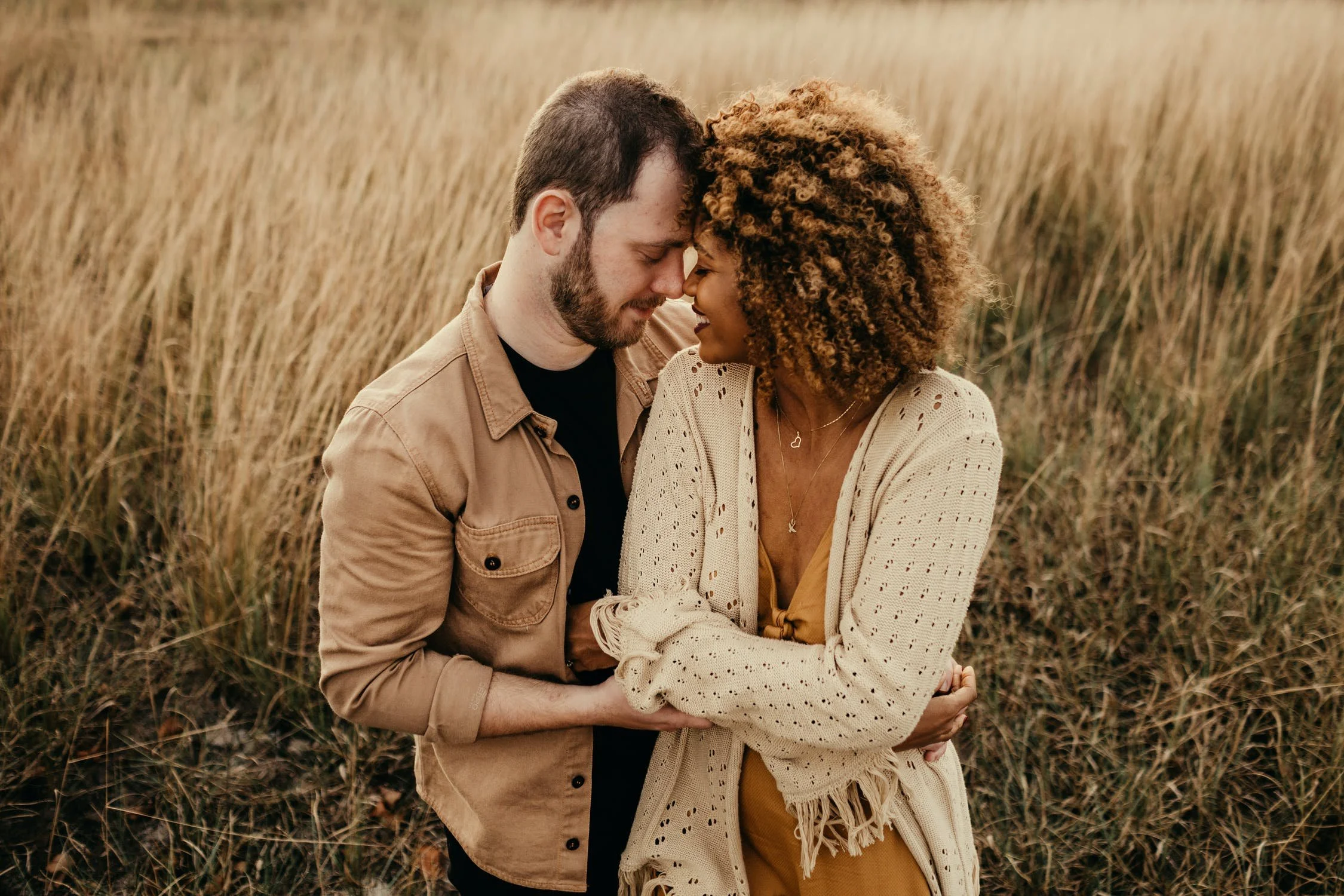
Blog
All around the globe, people welcome the New Year with celebrations filled with cultural and personal rituals. Yet, at the heart of these festivities is a universal human phenomenon: hope.
We all crave happiness, but did you know that your brain’s chemistry plays a big role in how you feel? Your neurotransmitters—like serotonin, dopamine, and oxytocin—are key players in managing your mood, motivation, and overall sense of well-being.
Awash in the depths of sadness, I found myself desperately longing for a way to make it all disappear. Initially, I attempted to outsmart my emotions, employing the skills of a seasoned thinker and intellect. I believed that if I could just outthink my distress, I would be able to overcome it. However, this approach turned out to be a rookie mistake, even for someone with my experience as a marriage and family therapist. It served as a profound reminder of an important truth.
Are you feeling trapped in a cycle of unhealthy relationships? Do you constantly put the needs of others before your own? If so, you may be experiencing codependency. In this article, we will delve into the detrimental effects of codependency and provide practical strategies to break free from its grip.
An “emotional knot” is something all have and most times we are unaware that we have them — a kind of blind spot that we never see. It’s like an invisible emotional wound that has energy attached to it which dictates a lot of our automatic behaviors. Little do we know that these emotional knots are tangled in the subcortical part of the brain as well as in the body
Being attracted to someone quite different than yourself does not necessarily lead to a dysfunctional relationship. Incompatible attachment styles, on the other hand, can lead to much distress.
I am a psychotherapist who specializes and loves working with adolescents and helping parents. Through training and my own personal experiences I am able to share how the phase from dependence to interdependence as a parent can be a bumpy journey, and let you know that you're not alone.
Trust in a relationship is allowing yourself to feel vulnerable around your partner. And even though being vulnerable can sometimes mean opening ourselves up to attack, licensed therapist Gwendolyn Nelson-Terry says that "it is necessary [in a relationship] in order to build intimacy with your partner." When you express your trust for your partner, you show them that you believe in their integrity. And in turn, when you are confident that your partner will do right by you, you feel safe around them.
It seems like we have been so pent up with fear of the unknown and are all coming out of this surreal science fiction movie. Whatever was lurking below the surface came out in 2020 like the Loch Ness Monster, and months leading into 2021 from over a year of uncertainty has pushed us all in unexpected ways. Now that we live in a slightly "safer" world, the once bottled up energy feels incredibly expansive and we to address the unconscious "monsters" to aid in our personal growth moving forward.
This year is definitely a year that no one will forget. A year that many years from now will still be talked about as one for the history books.
I know so many tragic events took place in 2020 and will continue as we grapple with Covid. I personally know after losing my grandmother to Covid, how many Americans will have lost someone and 2020 will be marked with that loss forever. Nothing can change that.
Rejection hurts. Rejection makes us doubt ourselves - doubt our worth, our attractiveness, our desirability as a romantic partner. It is natural to want to avoid rejection, sometimes even to fear it.
At times, the desire to avoid rejection leads us to reject others too quickly or even unfairly. It is important to take the time to realize what is behind your actions when you decide it is time to end a relationship. Otherwise you may be rejecting others too easily.
Nearly every aspect of our daily lives has been impacted - and changed - by technology. Dating is no different.
Gone are the dating experiences of our grandparents. Community dances where a boy in a suit and tie would cross the room to ask a girl - looking her best in a pretty dress and new lipstick - to share a dance are long gone. Many times the boy’s family and the girl’s family had known each other for years, sharing similar backgrounds and values.
No one likes being rejected. That is a simple truth.
Another simple truth is that rejection is a part of life. Extending yourself in relationships, careers, and everyday life - all can lead to rejection. Is it possible to avoid being rejected? Perhaps. But only by avoiding risks - not taking chances, not trying new things, not reaching for a goal, and resisting opening your heart to another person.
There is so much noise in the world today — it is almost impossible to get away from it. Turn on the TV and more information on hot topics that I am sure everyone is fired up about one way or another. Scroll down Facebook feeds to see random people getting into long heated and hateful political debates.
It brings up a tone of shame that I have to then work through. But, as it pertains to relationships, it is a word that’s thrown around a lot. Women often get labeled needy, but that doesn’t mean men are spared from the word. What’s important to know is that when you’re labeled “needy,” it doesn’t mean there’s anything wrong with you.
As a psychotherapist with a specificity and training in couples work, I see a lot of the same patterns repeating themselves over and over again in my office. Not only do I see consistencies in these patterns, but the patterns themselves are sabotaging my clients’ relationships.
Everyone thinks of cheating as someone sexually acting out. Even throughout pop culture, the image that permeates is simply the sexual act of cheating. And yet, a physical affair doesn’t seem to have the depth of impact as an emotional affair does…
The chemical reaction that feels oh so good when we fall in love is also the biggest reason we lose ourselves in the dance of a new partnership. We don’t tend to see it, but it can happen quickly or slowly. And we’ve all been guilty of abandoning our own selves, at some point or another, in the name of love.
Maintaining intimacy in modern-day relationships is hard. And a common theme I’ve noticed in many of the couples I see involves the woman losing interest in intimacy. What I often see happening is in direct correlation with our modern world. In short, it’s how busy everyone gets with their to-do list: wake up, get the kids to school, run errands, clean the house, get to work...
Falling into love seems to be something that has become easier and easier to do these days with all the online dating options out there. There’s an overabundance of options for the younger generation to meet, hook up, and get those buzz-like feelings that often get mistaken as “love.” For example, now there’s Tinder, Bumble, Match, Jdate, Zooks, eharmony, Hinge… and hundreds of more avenues for connections!
elationships are complicated… We hear that all the time. And the truth behind why we are attracted to the people we are attracted to can also be complicated. That’s because the trauma inside of us can easily be recreated in our relationships.
Have you ever experienced losing a loved one? Maybe it was a family member, spouse, best friend, or even a dear pet. Grief is something we all experience in life. I am writing this blog post to help people understand the difference between grief and depression. Currently I am experiencing a phase of grief due to losing my dear dog and friend, Tito.
For many years I have been treating co-dependent people. In reality, codependency is the underlying problem of many concerns coming through my office. In this post I’ll share ways of steering clear of selfish individuals and focus on becoming Self-Full ™.
I believe the crux of most personal struggles can be attributed to the lack of a people’s connection with themselves, their loved ones and the world. How we treat ourselves is a mirror to how we treat every area of our lives. Trauma and addiction often fall under the same scope of how someone is interacting and copping. Both trauma and addiction are results of a disconnected relationship with oneself.
Jessica Baum LMHC from the Relationship Institute of Palm Beach was featured on the Clouds & Dirt blog recently talking about career shift, transformation, and manifestations. If you know Jessica personally, her entrepreneurial “go getter” spirit is engaging and inspiring.
Are you struggling with too many commitments? Feeling worn out by having too many people to please? Learn what it means to be Self-Full by examples provided by Jessica Baum, LMHC of the Relationship Institute of Palm Beach.
The Relationship Institute of Palm Beach is expanding! We welcome our newest counselor to the team, Deborah Beriro, LMHC along with an additional Relationship Institute counseling office in Wellington, Florida. If you’re looking for a marriage counselor, addiction specialist, family counselor, behavioral therapist, or relationship therapy in the Palm Beaches, look no further than the Relationship Institute of Palm Beach.
When we study the psychology of relationships, we quickly learn that every relationship has numerous stages. When an individual is trapped in the normal relationship stage, it may be very difficult for him or her to avoid falling down the (so-called) rabbit hole.






























After years of working with singles and couples, these five secrets are the ones that I constantly go over in most of my sessions. Having this insight can save you pain and a big mistake when you run into struggles with your partner. They say, “relationships aren’t easy”… we all hear this all the time but no one goes into detail as why they get hard. Read below and you’ll prevent a lot of confusion down the road.